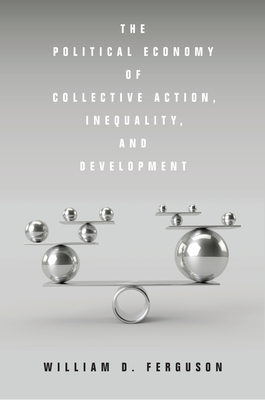Expedite your nonfiction book discovery process with Readara interviews, summaries and recommendations, Broaden your knowledge and gain insights from leading experts and scholars
In-depth, hour-long interviews with notable nonfiction authors, Gain new perspectives and ideas from the writer’s expertise and research, Valuable resource for readers and researchers
Optimize your book discovery process, Four-to eight-page summaries prepared by subject matter experts, Quickly review the book’s central messages and range of content
Books are handpicked covering a wide range of important categories and topics, Selected authors are subject experts, field professionals, or distinguished academics
Our editorial team includes books offering insights, unique views and researched-narratives in categories, Trade shows and book fairs, Book signings and in person author talks,Webinars and online events
Connect with editors and designers,Discover PR & marketing services providers, Source printers and related service providers

The Political Economy of Collective Action, Inequality, and Development
Business & Economics > Development - Economic Development
- Stanford University Press
- Hardcover
- 9781503604612
- 9.1 X 6.1 X 1.4 inches
- 1.7 pounds
- Business & Economics > Development - Economic Development
- (Single Author) Asian American
- English
Readara.com
Book Description
This book examines how a society that is trapped in stagnation might initiate and sustain economic and political development. In this context, progress requires the reform of existing arrangements, along with the complementary evolution of informal institutions. It involves enhancing state capacity, balancing broad avenues for political input, and limiting concentrated private and public power. This juggling act can only be accomplished by resolving collective-action problems (CAPs), which arise when individuals pursue interests that generate undesirable outcomes for society at large. Merging and extending key perspectives on CAPs, inequality, and development, this book constructs a flexible framework to investigate these complex issues. By probing four basic hypotheses related to knowledge production, distribution, power, and innovation, William D. Ferguson offers an analytical foundation for comparing and evaluating approaches to development policy. Navigating the theoretical terrain that lies between simplistic hierarchies of causality and idiosyncratic case studies, this book promises an analytical lens for examining the interactions between inequality and development. Scholars and researchers across economic development and political economy will find it to be a highly useful guide.
Author Bio
Bill Ferguson is the Gertrude B. Austin Professor of Economics at Grinnell College, where he has taught since 1989.
He is the author of The Political Economy of Collective Action, Inequality, and Development (Stanford University Press, 2020) and Collective Action and Exchange: A Game-Theoretic Approach to Contemporary Political Economy (Stanford University Press, 2013).
Both books advance the proposition that successful development requires resolving underlying collective-action problems. The earlier book begins with micro-level foundations of political economy and ends with macro-level attention to knowledge, distributions of power, institutions, and growth. The latter book extends these macro themes by focusing on how distributions of power shape configurations of institutions and associated types of collective-action problems that condition prospects for achieving functional political and economic development.
Professor Ferguson is past Secretary-Treasurer of the Midwest Economics Association and prior chair and founder of Grinnell’s Policy Studies Concentration. After graduating from Grinnell College in 1975, with a B.A. in history, he worked as a neighborhood community organizer in Seattle Washington until 1982, when he shifted to studying economics, receiving his Ph.D. from the University of Massachusetts at Amherst in 1989.
His teaching has ranged from institutional political economy, applied game theory, and policy analysis to labor economics, British economic policy, and climate policy. His early publications focused on the wage-productivity gap in the US economy and modeling implicit bargaining power in employment relationships. After 2008, he shifted to institutional political economy and development. While writing his 2013 book, he visited Indiana University’s Workshop in Political Theory and Policy Analysis, where he discussed his 2013 book manuscript with the late Elinor Ostrom.
Source: Grinnell College
Videos
No Videos
Community reviews
No Community reviews

